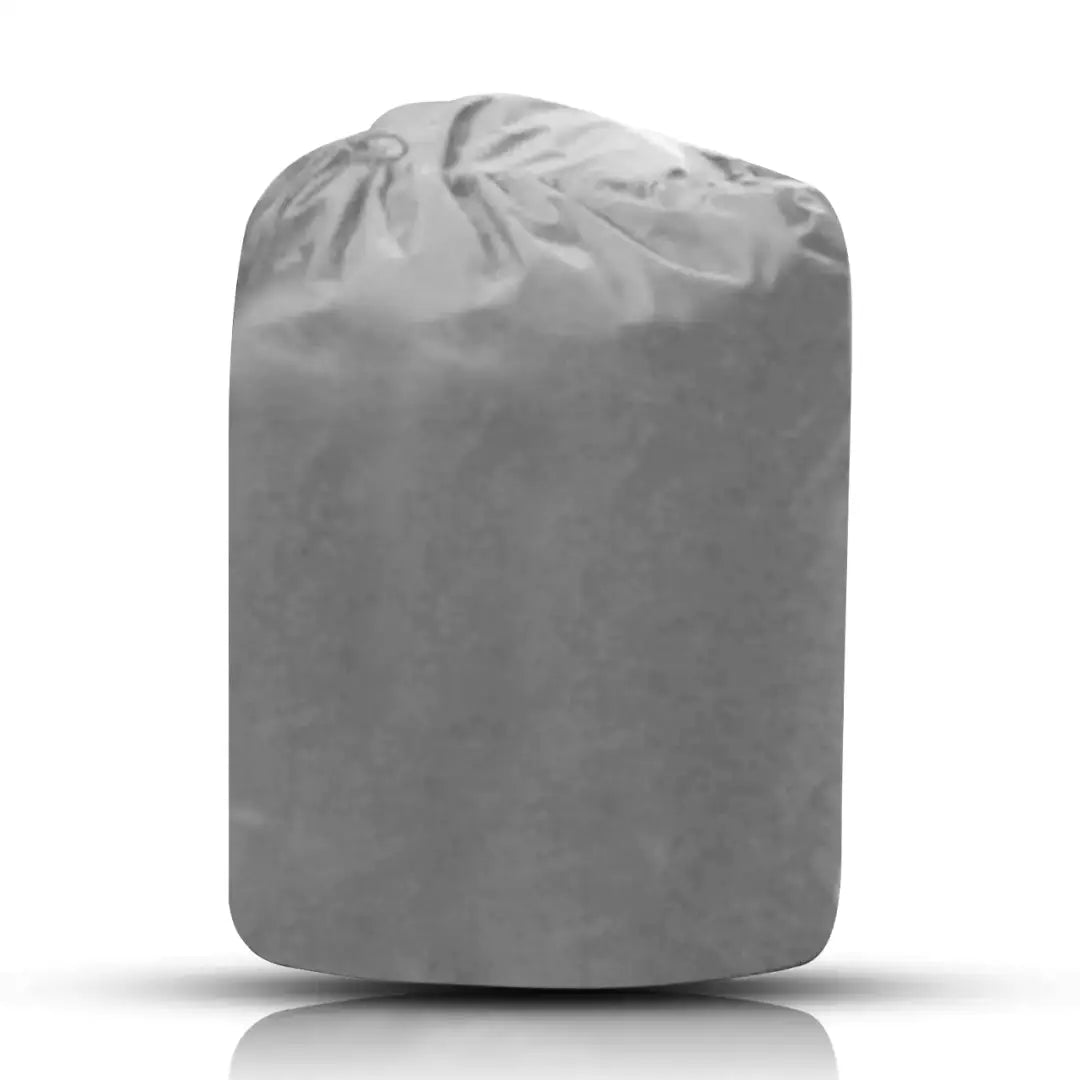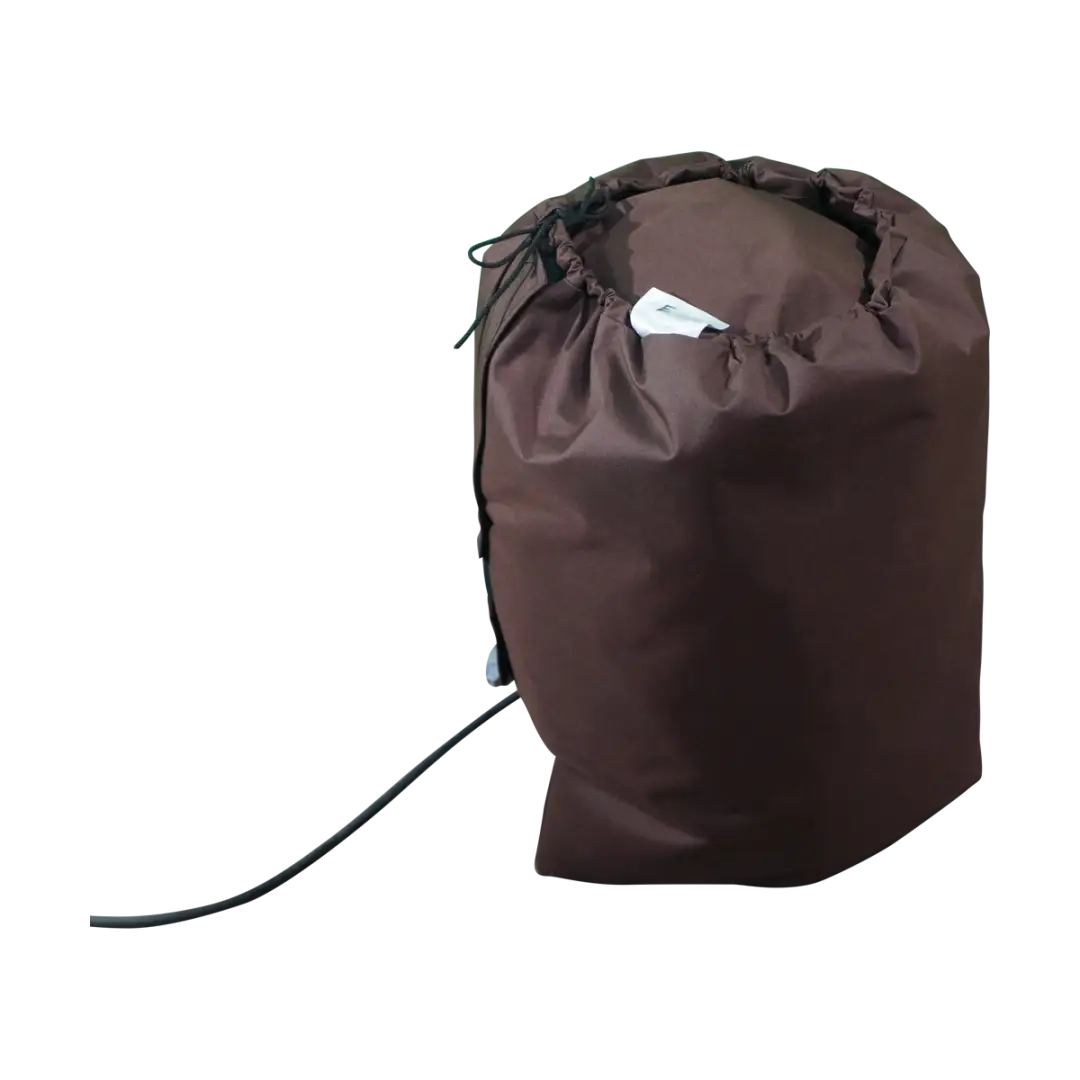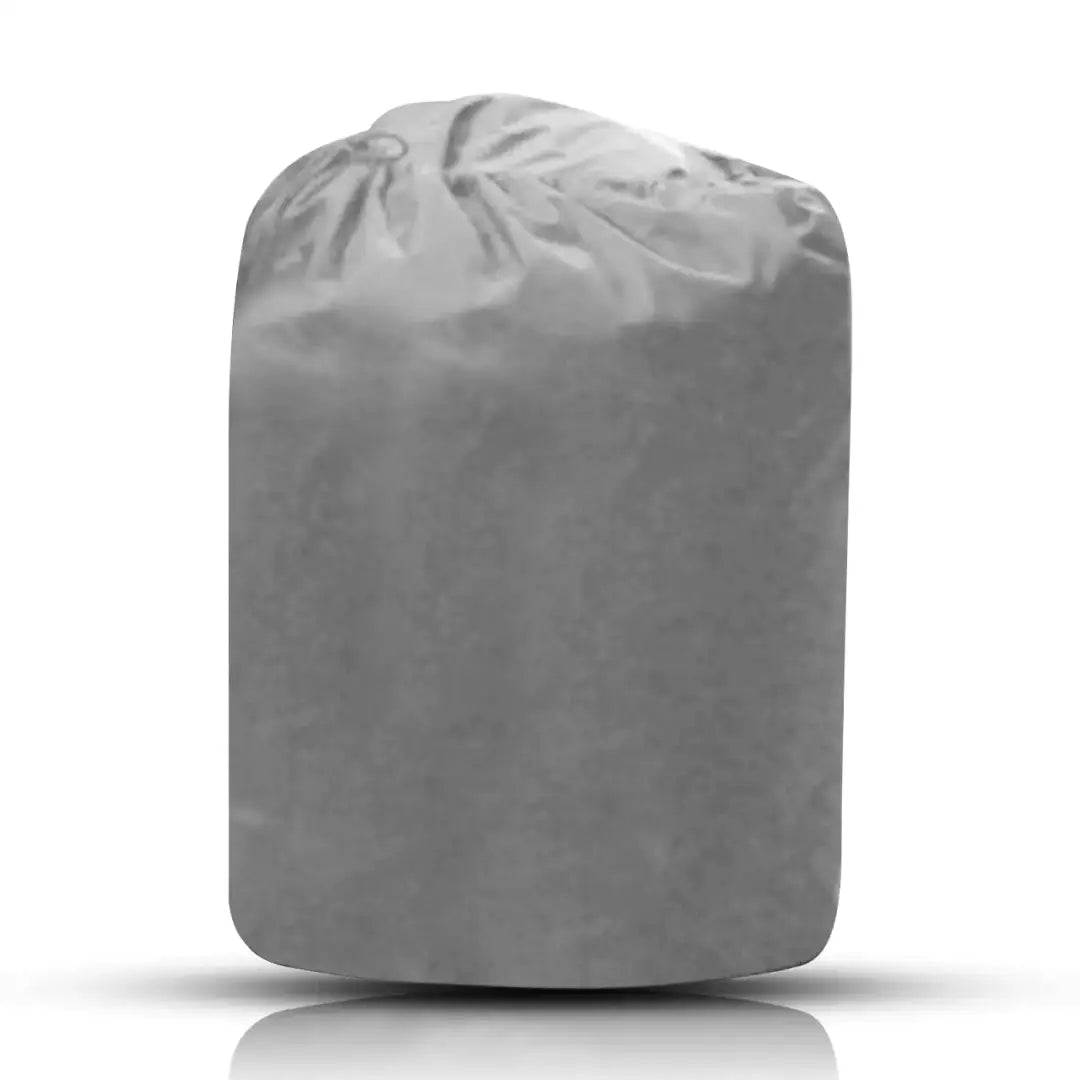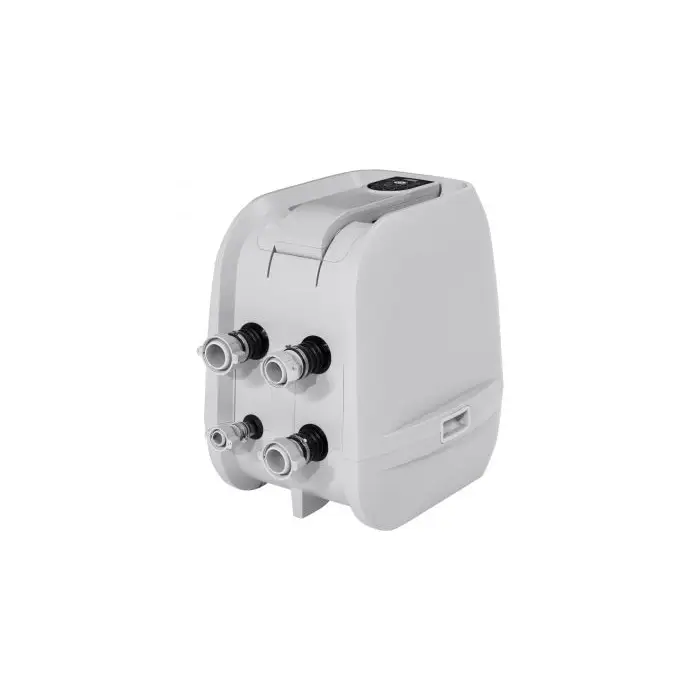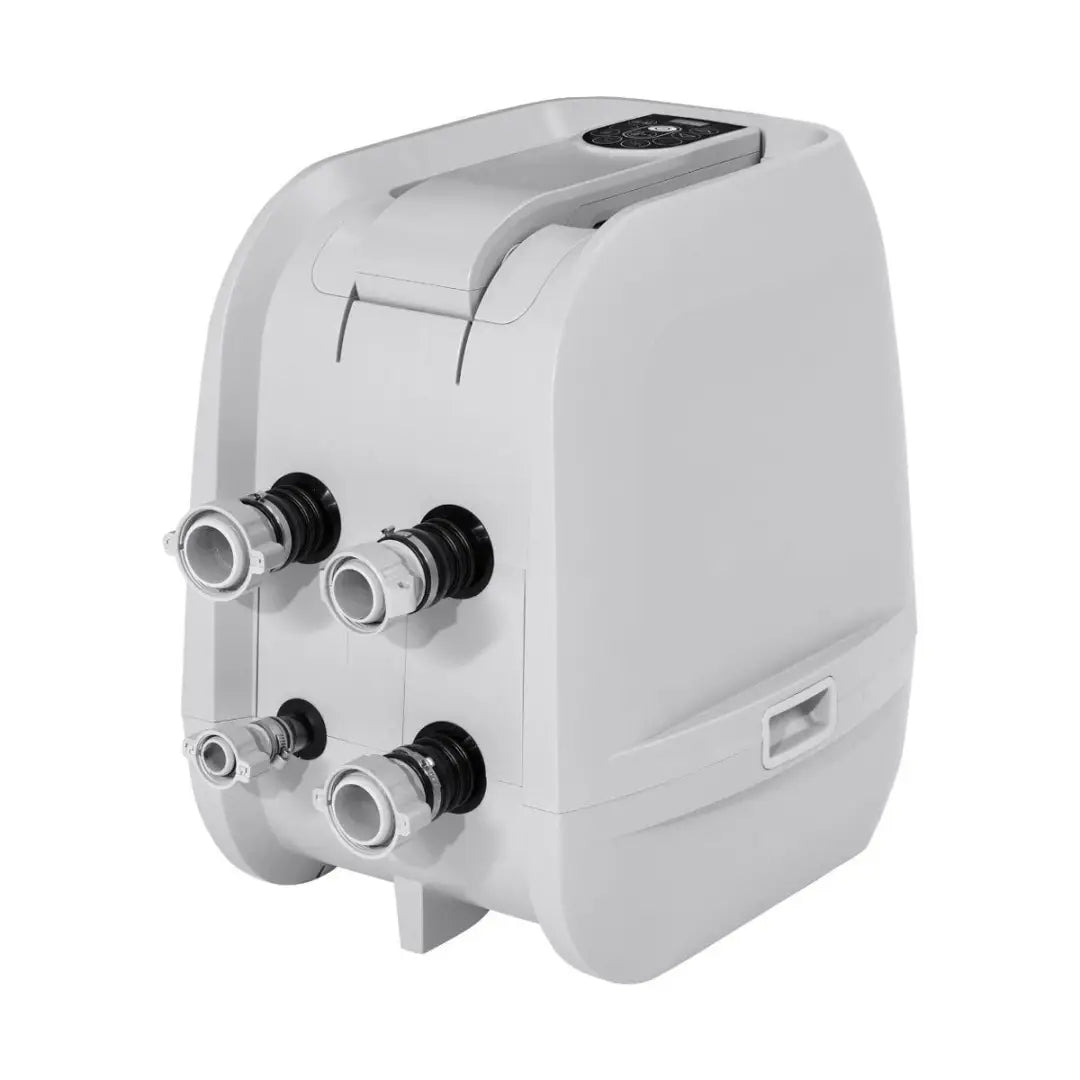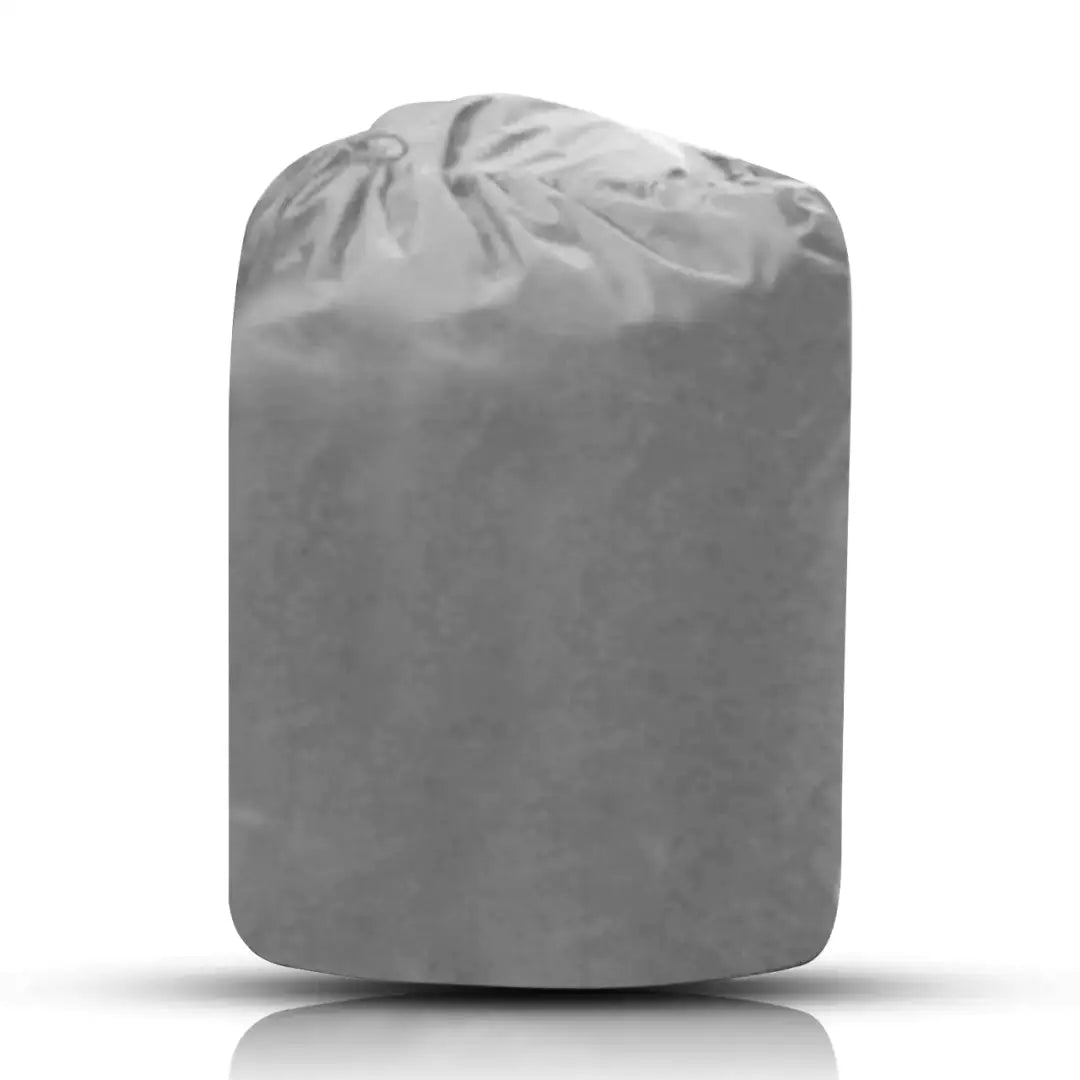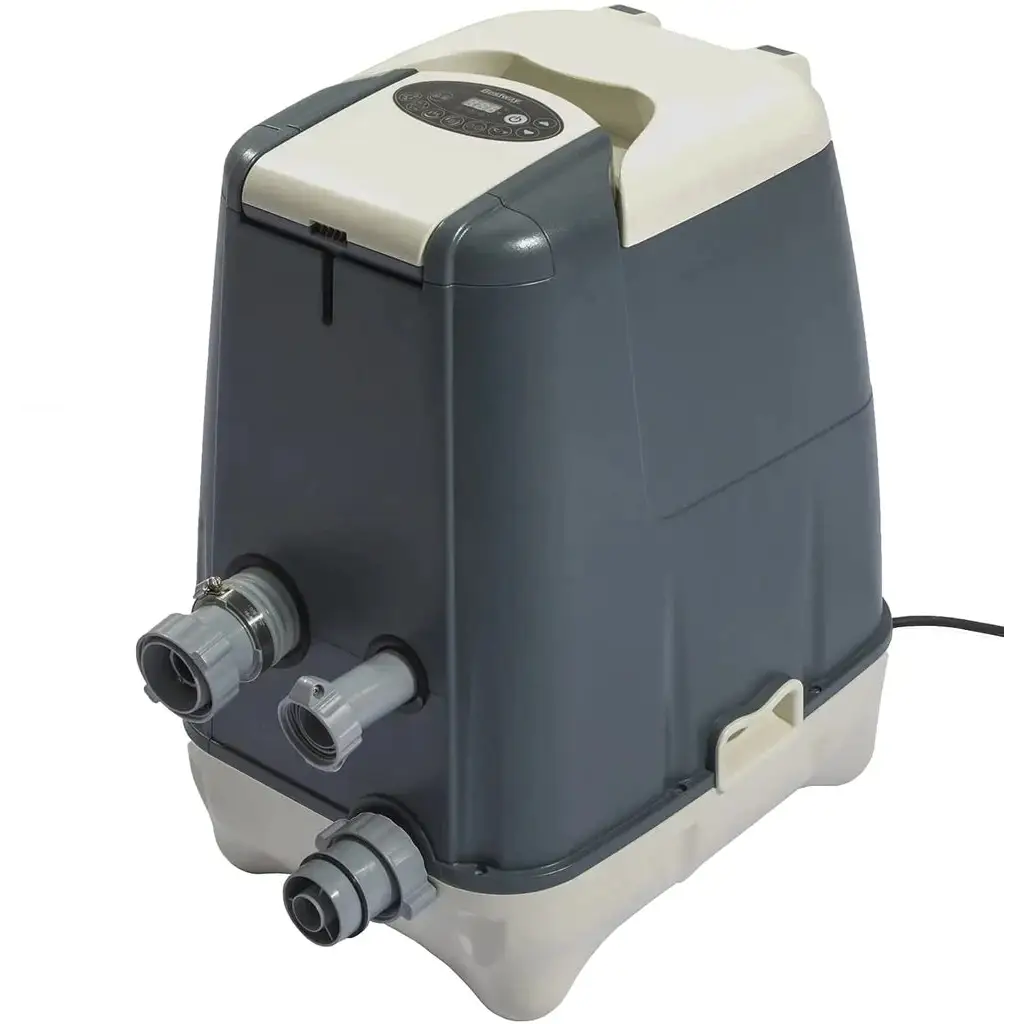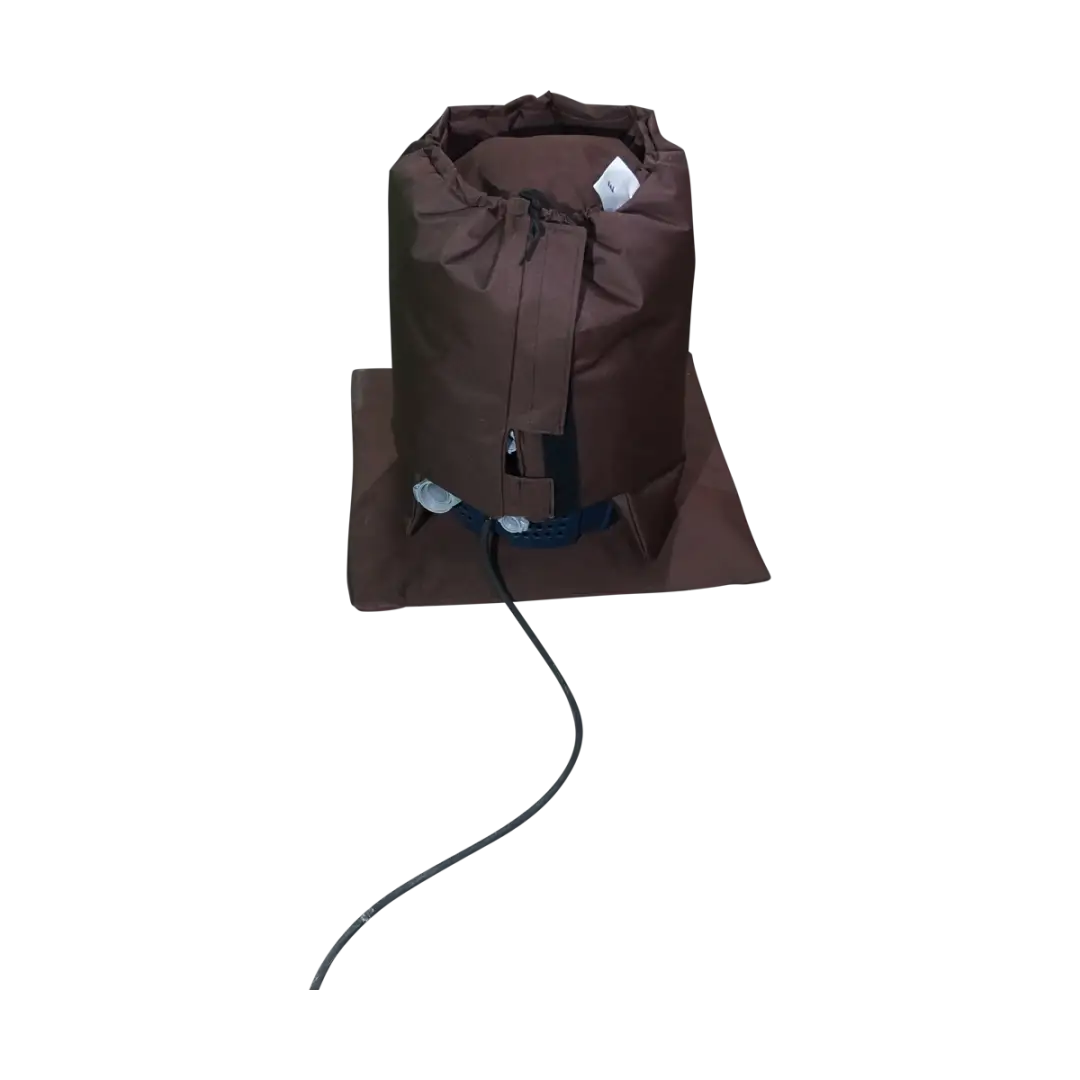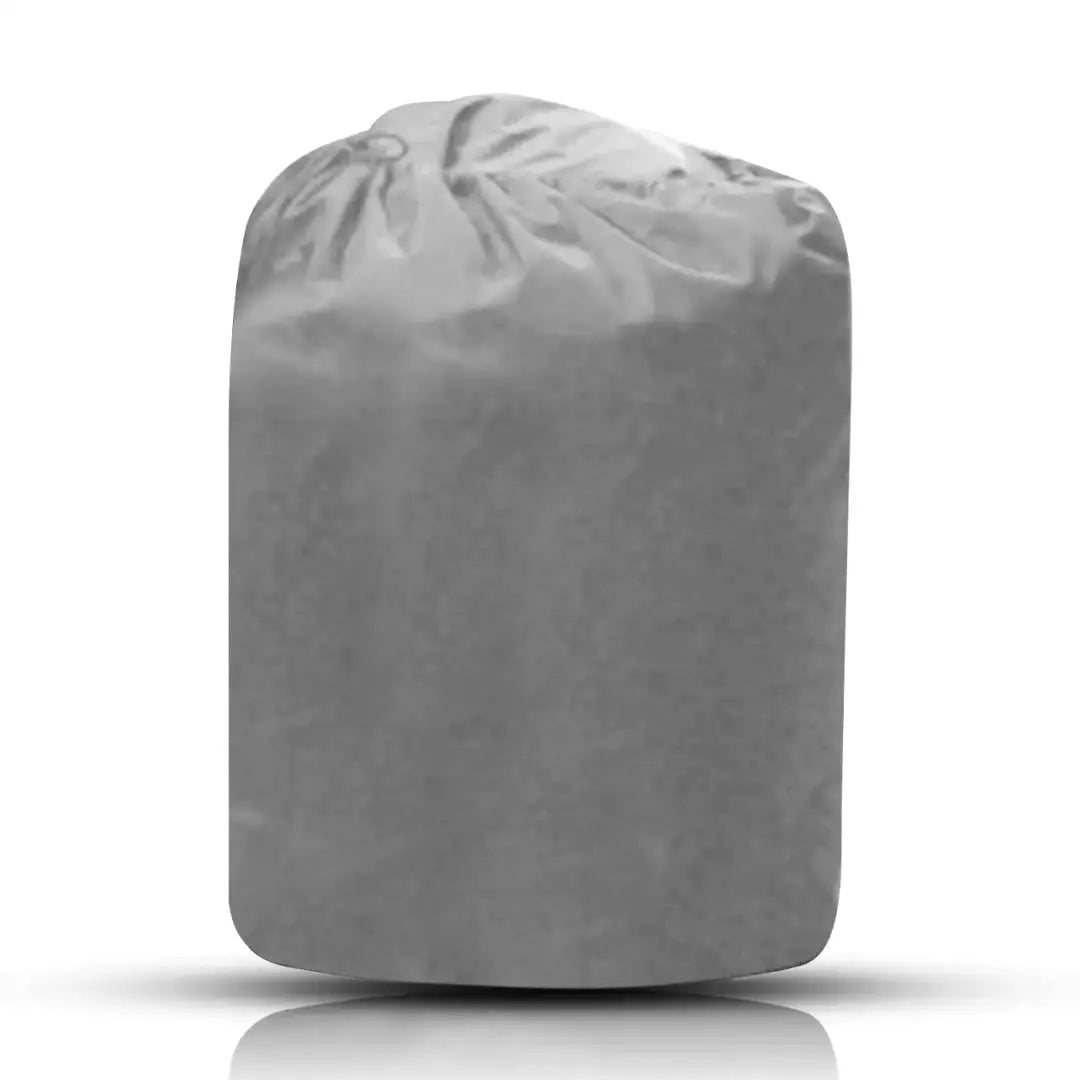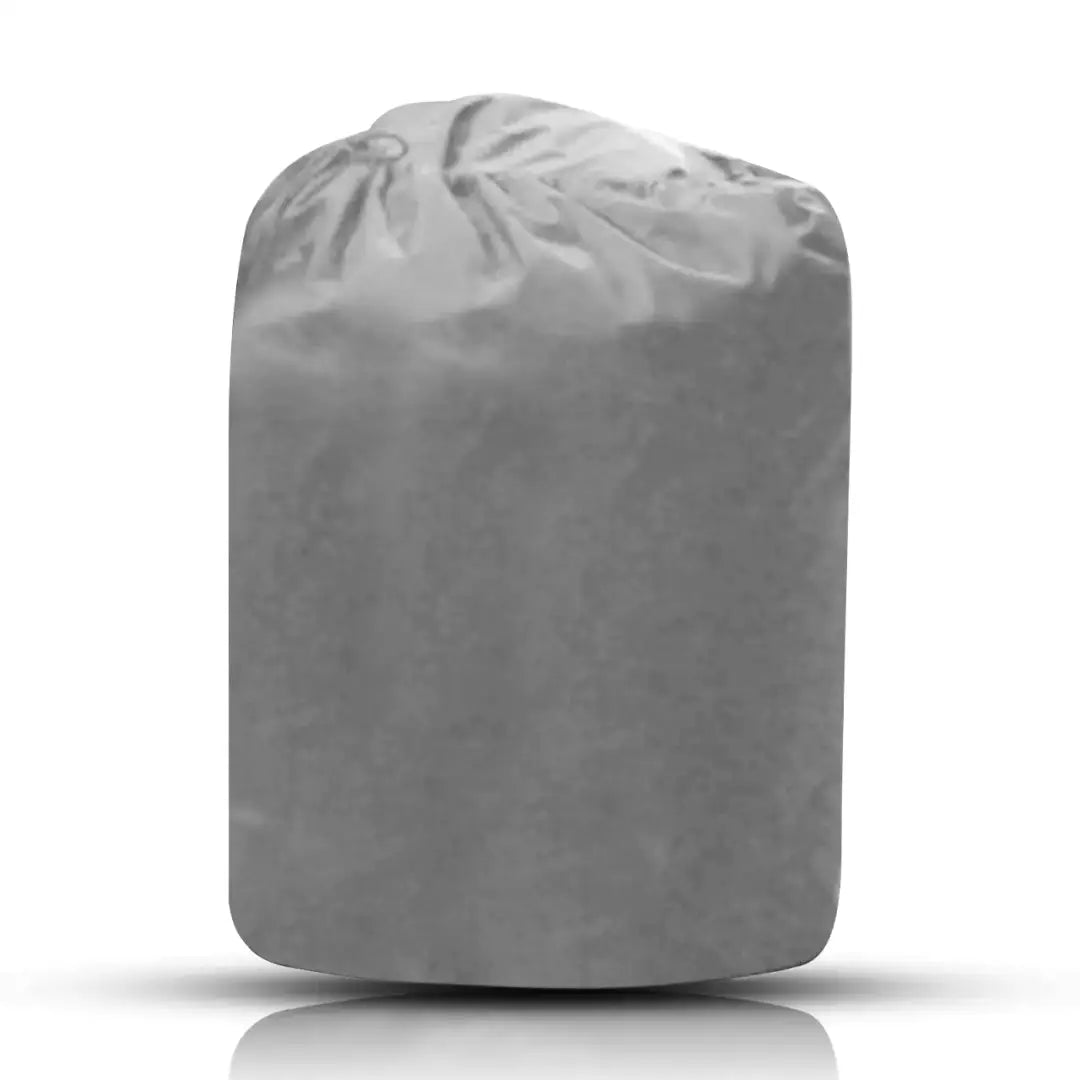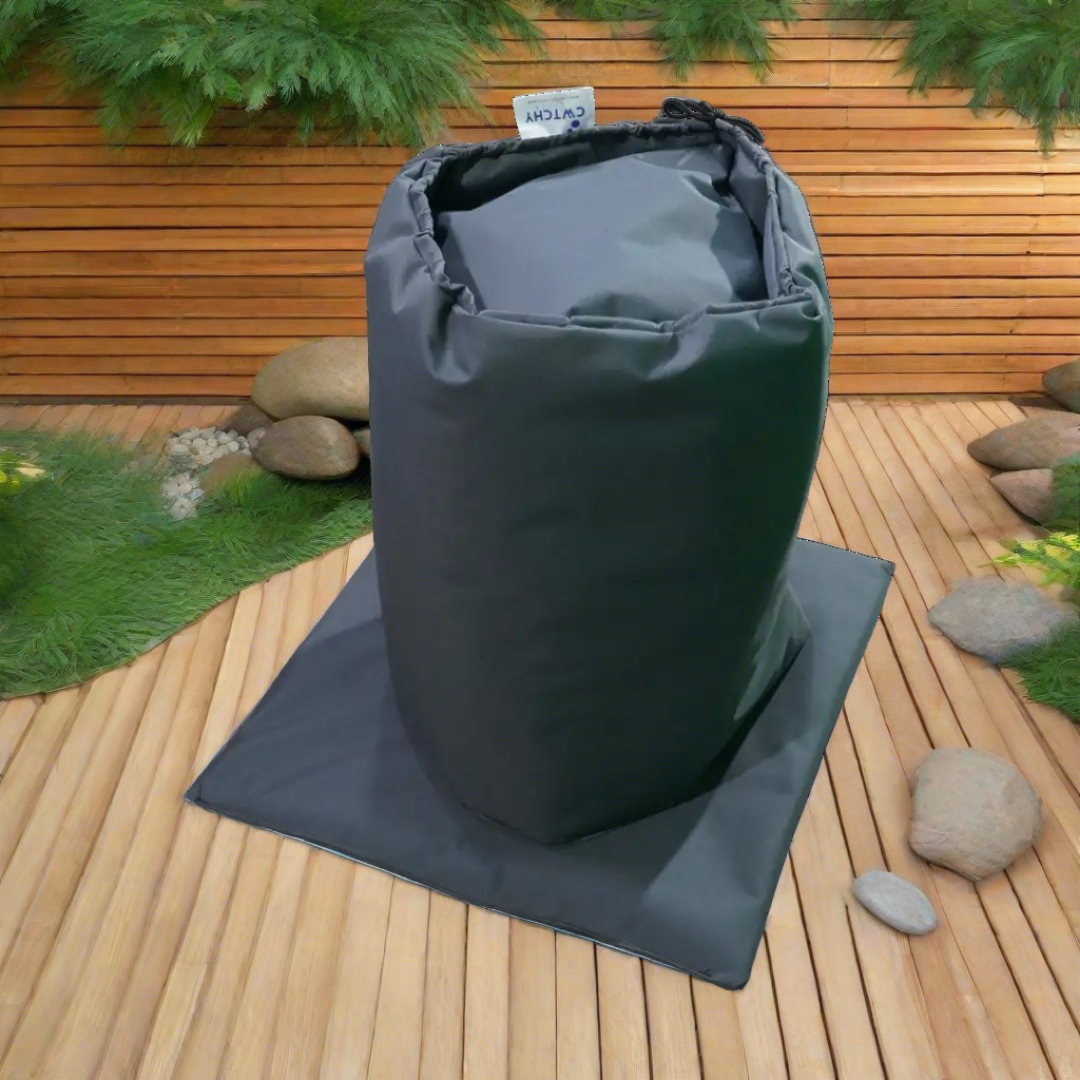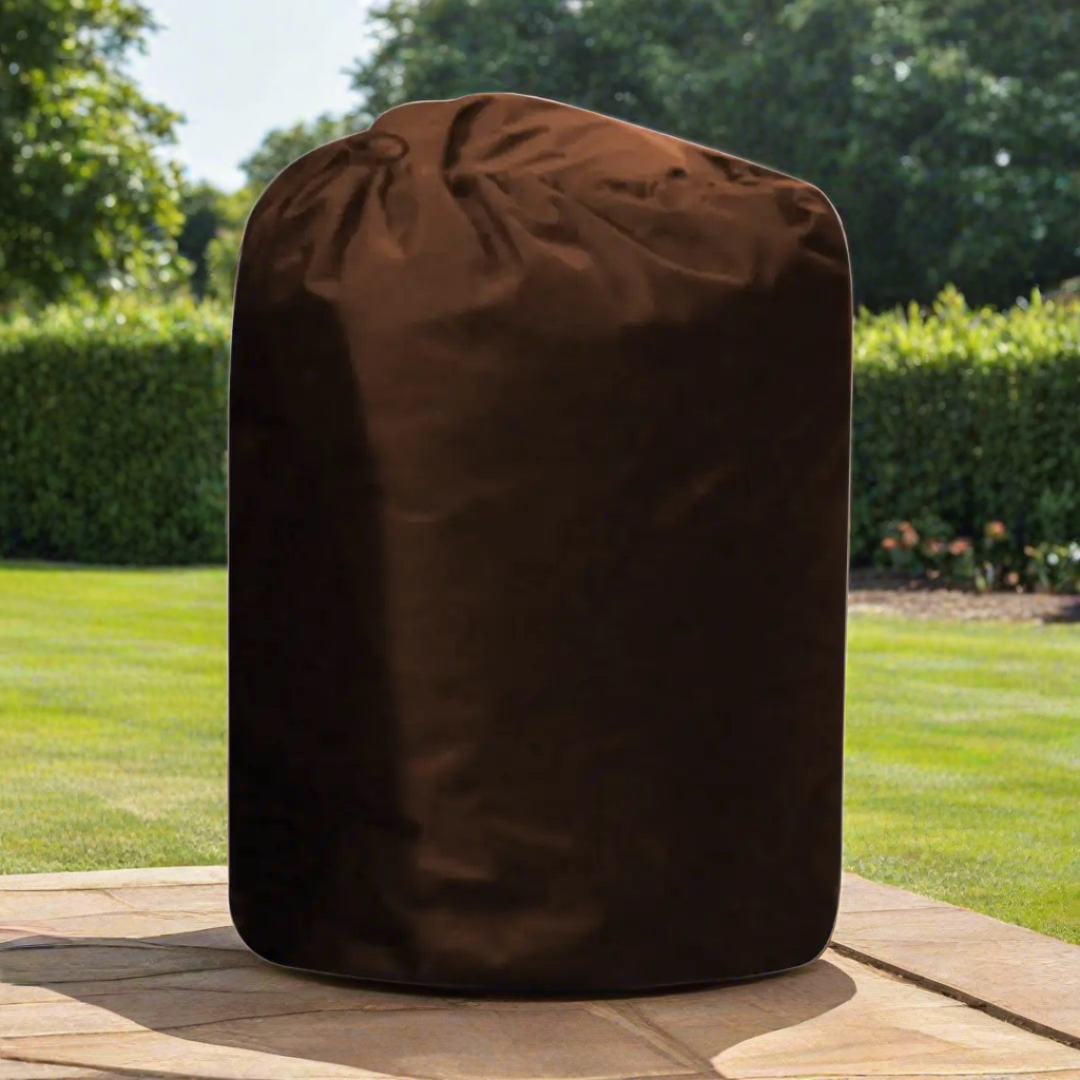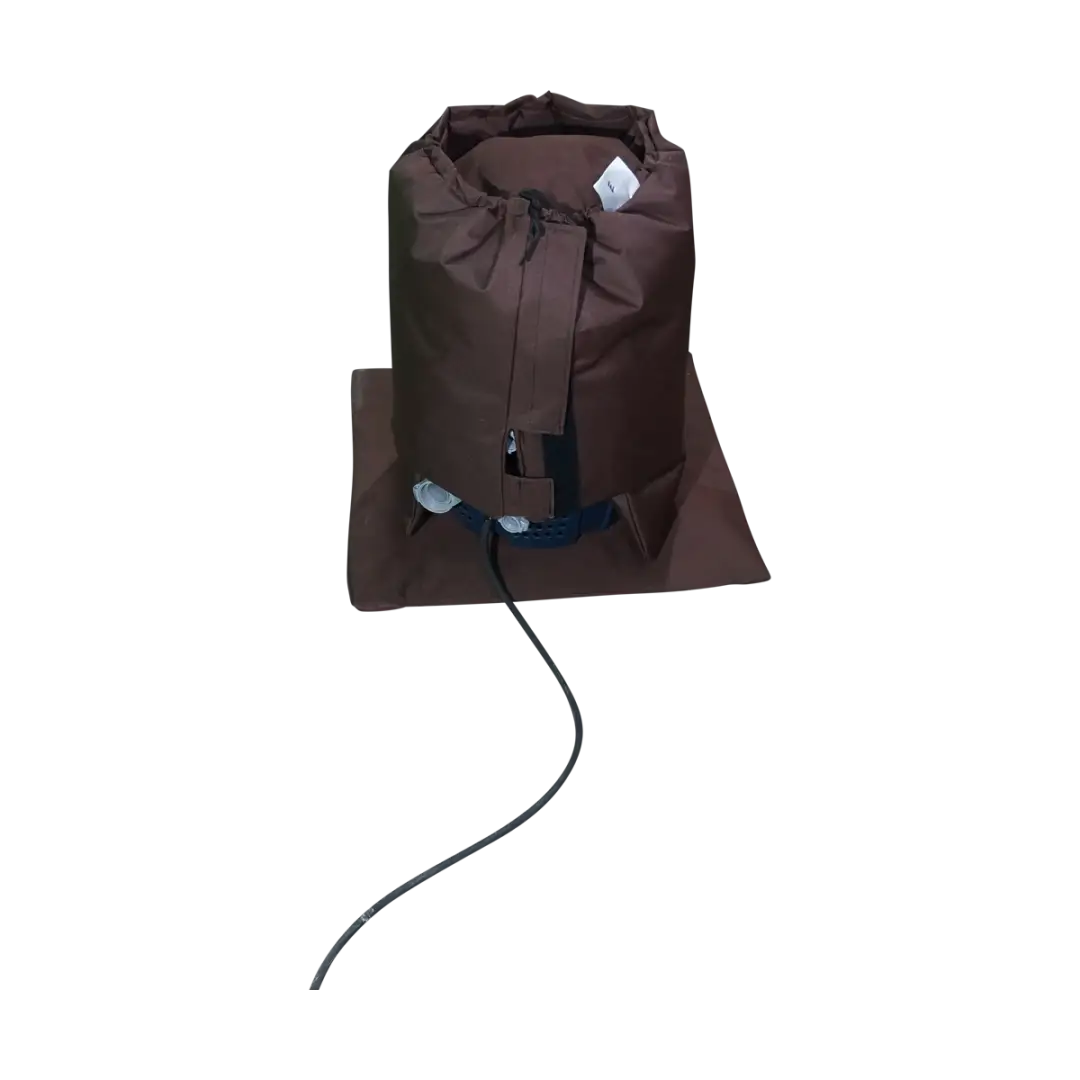Hippocrates, the father of medicine, warned us with his words. The clear water in hot tubs might seem inviting, offering relaxation. However, they also have a deep impact on our heart health. Hot tubs can be a quiet retreat, but they need careful use. This piece dives into how hot tubs affect our heart's beat, the dangers involved, and safe ways to enjoy them for better health.
Key Takeaways
- It's important to know how hot tubs can both help and harm our heart health.
- Hot tubs can improve circulation, but you must know your limits and follow safety tips.
- People with health issues should talk to doctors before trying hydrotherapy.
- Understanding the effect of different water temperatures and times spent in hot tubs is key for heart safety.
- To benefit from hot tubs without risks, balance enjoyment with safety measures.
The Intriguing Relationship Between Hot Tubs and Heart Health
Hot tubs are not just for relaxing. They could also affect our heart's health. Experts are looking into how soaking in hot tubs helps our hearts. We will explore hydrotherapy and its role in heart health, including the risks and benefits.
The Science of Hydrotherapy and Cardiovascular Function
Hydrotherapy uses water for health benefits, which is key to hot tubs' effects on heart health. Hot water helps widen blood vessels, improving blood flow and lowering blood pressure. This shows why hot tubs are more than just relaxing; they can boost heart health naturally.
Risks and Rewards: How Heat Affects the Heart
But, using hot tubs comes with its downsides. The heat can strain the heart, especially for those with heart conditions. It can raise the heart rate, like during light exercise, which could be too much for weakened hearts. Yet, for others, this stress can help strengthen the cardiovascular system, similar to the effects of gentle exercise.
| Aspect | Reward | Risk |
|---|---|---|
| Vasodilation | Improved circulation and lower blood pressure | Can result in overheating or dizziness |
| Heart Rate | Stimulates mild increase in heart rate for cardiac health | Potential overstress for those with cardiovascular issues |
| Blood Flow | Promotes healthy blood flow and oxygen delivery to tissues | May exacerbate conditions such as varicose veins |
| Muscular Relaxation | Eases muscle tension, supporting overall relaxation | Extended exposure can lead to muscle weakness |
To use hydrotherapy safely, talk to a doctor first, especially if you have heart concerns. This way, you can enjoy hot tubs without risking your heart's health. It's about finding the right balance for safe, relaxing, and heart-healthy soaking.
Understanding Heart Disease and Safe Hot Tub Practices
Heart disease is a leading health concern, especially for those who enjoy hot tubs. Knowing the risks and benefits of hot tub use is key for people with heart issues. It's important to talk with doctors and follow guidelines to use hot tubs safely if you have heart problems.
Consulting with Healthcare Professionals Prior to Hot Tub Use
Before using a hot tub, those with heart disease should get medical advice. Hot tubs change how warm you feel and how your heart works. This can be tough for hearts that aren't healthy. Getting advice from a doctor helps you stay safe.
Navigating Hot Tub Safety with Pre-existing Heart Conditions
For people with heart conditions, using hot tubs can be tricky. They need to think about their health history and how hot water affects them. Following doctor recommendations makes hot tub use safer and more fun.
We need to focus on safe hot tub use for people with heart disease. Here's a table of key safety tips. They match medical advice and health standards:
| Safety Measure | Description | Recommended Action |
|---|---|---|
| Consultation with Healthcare Provider | Evaluation of personal heart condition in relation to hot tub use | Schedule a check-up prior to hot tub use |
| Duration of Stay | Time spent in the hot tub during a single session | Limit soak time as per medical advice |
| Water Temperature Regulation | Maintenance of safe water temperature | Do not exceed 102°F (39°C) |
| Monitoring Heart Rate | Observation of heart rate before, during, and after hot tub use | Utilise a waterproof heart rate monitor |
| Hydration | Ensuring adequate fluid intake | Drink plenty of water before and after soaking |
Talking to doctors and following safe steps are key when combining heart disease and hot tubs. This approach helps people enjoy hot tubs without risking their health.
Cardiovascular Health Hot Tub Benefits: Fact or Myth?
The link between cardiovascular health and hot tub use is often discussed. But what's true and what's not? A study with 44 participants looks closely at this. It provided key findings from well-documented research.
The study showed a drop in systolic blood pressure for both hypertensive and normotensive subjects during hot tub use. It also noted a decrease in diastolic blood pressure. Meanwhile, heart rates went up for everyone.
One important discovery was no serious side effects from the hot tub use. It suggests that with proper guidelines, hot tubs are safe. The detail about the smaller heart rate rise in hypertensive subjects offers more to think about.
- The change in systolic blood pressure varied between the two groups.
- Those with treated hypertension saw a smaller increase in heart rate than healthy subjects.
- This study showed hot tub effects don't change much with age or sex. It adds to the talk on hot tub benefits.
It's noted that just 10 minutes in a hot tub can lower blood pressure for most folk. This fact raises a question. Could regular short hot tub sessions help manage cardiovascular health?
Looking at the facts, it's clear. There's a real link between hot tubs and lower blood pressure. Hot tub use, under safe conditions, seems to be a fact-backed way to help your heart.
Assessing Hot Tub Therapy: When is it Too Hot for the Heart?
Hot tub therapy offers many benefits, including relaxation and improved wellness. However, it's vital to consider its impact on heart health. This is especially true when thinking about water temperature and staying hydrated.
Regulating Water Temperature for Optimal Heart Safety
For those with heart concerns, keeping hot tub water at a safe temperature is key. Heat makes blood vessels widen, which can strain the heart. Experts recommend a hot tub temperature of 37-38°C for safety. This matches our body's natural temperature, promoting hydrotherapy benefits without risking heart health.

The Role of Hydration While Enjoying a Hot Tub Soak
Staying hydrated is also essential during hot tub use. The hot water can make you sweat. Remember, being in water doesn't stop dehydration. To keep your heart healthy, drink water before and while soaking. This helps blood circulation, reducing heart stress from the heat.
Medications and Heat: Navigating Hot Tub Usage
Mixing medications and heat from hot tubs needs careful thought. This ensures safety and health. Certain meds like diuretics or those for blood pressure pose challenges in hot tubs.
Blood Pressure Medications' Impact on Hot Tub Safety
A hot tub causes vasodilation, affecting blood pressure. Those on blood pressure meds may see bigger changes in a hot tub. It's key to watch how meds react to the heat and follow a doctor's advice.
Understanding the Interactions Between Diuretics and Hot Tubs
Using diuretics raises concerns with hot tubs too. They make you lose fluid faster. Hot tub heat causes sweating, risking dehydration. So, people on diuretics should drink plenty of water and limit hot tub time.
Recent studies praise regular hot tub baths. Research from BMJ shows daily baths are best. They lower heart disease and stroke risks by 28% and 26%, respectively.
| Hot Tub Use Frequency | Overall Risk Reduction for Cardiovascular Disease | Risk Reduction for Stroke | Association with Water Temperature |
|---|---|---|---|
| Daily | 28% | 26% | Warm water - 26% lower risk Hot water - 35% lower risk |
| Weekly/Bi-weekly | Less Significant | Less Significant | Warm water - Reduced risk Hot water - Further reduced risk |
| None | No Risk Reduction | No Risk Reduction | Not Applicable |
Over 61,000 people were studied, with 30,076 making it to the final analysis. Despite early cardiovascular cases, daily baths still showed a clear benefit. This underlines hot tubs' potential when managed well.
Interestingly, no link was found between bathing frequency and sudden heart issues or brain bleeding. With proper care, hot tub heat can be part of staying healthy.
If you use blood pressure meds or diuretics and want to try a hot tub, talk to a doctor first. They'll give advice to ensure you enjoy it safely.
Hot Tub Insulation and Its Impact on Thermal Regulation
Hot tub insulation is key for a top hydrotherapy experience. It keeps the water warm, which is central to enjoying your hot tub. It cuts down on energy use too. This is vital for keeping our planet green. Plus, a steady warm temperature helps with health benefits from regular hot tub use. Let's dive into the details and their effects on your well-being.
Energy Efficiency and Sustained Heat: Their Effects on Health
A hot tub with good insulation uses less power. It traps the heat, keeping the water warm without using more energy. This means you save on bills and help the environment. Also, steady heat helps with muscle relaxation and decreases stress, without quick temperature drops.

Regular warm hot tub baths can boost your blood flow. This is great for your heart health. But, the warmth must be steady and safe to avoid any health issues from sudden changes in temperature.
| Insulation Type | Thermal Retention | Energy Efficiency | Health Benefits |
|---|---|---|---|
| Full Foam Insulation | Excellent | High | Improved circulation, consistent heat therapy |
| Barrier Insulation | Good | Medium | Moderate circulation benefits, stable treatment temperatures |
| Reflective Insulation | Variable | Low to Moderate | Variable health impact, dependent on external conditions |
Strong hot tub insulation does more than save money. It also maintains the right warmth and supports your health in hydrotherapy. So, if you love relaxing in hot water or need its healing effects, think about how your hot tub's insulation is looking after your health and wallet.
Inflatable Hot Tub: A Convenient Option or a Health Hazard?
Many people love to relax in a hot tub after a long day. The inflatable hot tub has become a popular choice. It's easy to set up and doesn't cost as much as built-in ones. But, we must ask if they are safe and free from health hazards?
Benefits of Portable Hot Tubs for Cardiovascular Health
Portable hot tubs are not just easy on your budget. They're also good for your cardiovascular health. They help you relax and stress less, which is great for your heart. The hot water improves blood flow and can lower blood pressure too. Still, it's important to think about any risks they might have.
These tubs let you choose where you want to relax. You can enjoy them inside in winter or outside in warmer weather. This helps you keep a routine that is good for your heart health.
Setting Up Your Inflatable Hot Tub with Safety in Mind
Even though an inflatable hot tub sounds great, safety is key. Always follow the setup instructions closely. This makes sure everything is connected properly, keeping you safe from health hazards. Use a RCD (residual-current device) protected outlet to prevent electrical issues. Also, be careful with the water temperature to avoid harm, especially if you have health issues.
Keeping your tub clean is key to staying healthy. Clean the filter, balance the water's chemicals, and change the water as needed. This keeps bacteria away and makes your tub a safe spot to relax.
An inflatable hot tub is a great addition to your home. It's handy and can be good for your cardiovascular health. But remember, safety should always come first. With the right setup and care, you can safely enjoy your new tub.
The Therapeutic Role of Hot Tubs in Alleviating Muscle Tension
Many people have found that hot tubs are great for easing muscle tension. Using heat therapy, they offer a comforting retreat that can greatly help muscular health. Heat helps ease stiffness and discomfort from muscle tension.
How Heat Therapy from Hot Tubs Can Benefit Muscular Health
Heat therapy has been helping with muscular pain for hundreds of years. In hot tubs, your body gets surrounded by warmth. This warmth boosts blood flow and relaxes your muscles. As a result, you may see less muscle spasms and feel more relaxed, which helps with healing and easing pain.
For those active in sports, hot tubs are good for post-workout recovery. They help lessen soreness and get you ready for your next challenge.
Contrast Hydrotherapy: Combining Hot Tubs with Cold Treatments
Contrast hydrotherapy uses both hot and cold treatments. This method is known for its benefits to muscular health. Moving quickly from the heat of a hot tub to cold water has many effects. It helps with muscle recovery and relief.
| Heat Therapy Benefits | Cold Therapy Benefits |
|---|---|
| Increased blood circulation | Reduced inflammation |
| Relaxation of muscle fibres | Decreased metabolic activity |
| Alleviation of joint stiffness | Numbing of acute pain |
| Enhanced flexibility | Control of muscle spasms |
In summary, hot tubs provide valuable heat therapy and, when combined with cold treatments, offer a full approach to muscle care. They can be used regularly or for specific relief. Hot tubs are essential for anyone looking to improve their physical health."
Research Findings on Hot Tub Use and Cardiovascular Safety
Recent research shows using hot tubs has a complex effect on heart safety. This involves a detailed look at how warm soaks can affect heart health, especially in those already at risk. It's crucial to focus on heart care and safety measures during hot tub use.
Evaluating Clinical Studies: Hot Tubs and Heart Disease Patients
Clinical studies on heart disease patients and hot tub therapy offer interesting results. They suggest hot tubs can help with circulation and relaxation. Yet, it's important to match hot tub use with each person's health plan. These findings stress the need for strict guidelines for heart patients enjoying hot tubs.
Preventive Measures and Heart Care during Hot Tub Sessions
To ensure heart safety in hot tubs, especially for those with heart issues, taking precautions is key. This means checking the water's heat, keeping dips short, and drinking plenty of water. Consulting healthcare professionals to adjust hot tub use for your health is also vital. This way, hot tubs can be part of a heart-healthy lifestyle.
FAQ
What are the benefits of hot tubs for cardiovascular health?
Hot tubs help you relax and ease stress, which is good for your heart. The warm water boosts circulation and can reduce blood pressure.
Are there any risks associated with hot tub use for the cardiovascular system?
Using hot tubs can raise your heart rate and pressure on your heart due to the heat. If you have heart issues, talk to a doctor before using one.
Is there scientific evidence to support the claimed benefits of hot tubs for cardiovascular health?
Yes, research shows hot tubs can enhance blood flow and cut down stress. But, we need more studies to know all the benefits.
How can I ensure hot tub safety for my heart?
Keep the water temperature in check to prevent overstraining your heart. Staying hydrated is vital to avoid the cardiovascular strain from dehydration.
Can hot tub usage interact with medications?
Yes, some blood pressure medicines can affect your safety in hot tubs. Talk to a doctor about your medicines. Also, diuretics can dehydrate you, so drink plenty of water.
How does hot tub insulation affect thermal regulation and health?
Good insulation keeps the water warm without losing heat, which saves energy. This makes your hot tub experience better and can enhance your health and comfort.
Are inflatable hot tubs a good option for cardiovascular health?
Inflatable hot tubs are affordable and can be good for your heart with the right precautions. Make sure to set them up properly and watch the water temperature.
How can hot tubs alleviate muscle tension?
Hot water therapy relaxes muscles and improves blood flow, easing muscle pain. Alternating hot and cold treatments can also help with muscle discomfort.
Is hot tub use safe for individuals with heart disease?
People with heart disease should be careful with hot tubs. Always consult your healthcare provider first. Avoid using hot tubs when your symptoms are severe or you're very stressed.






